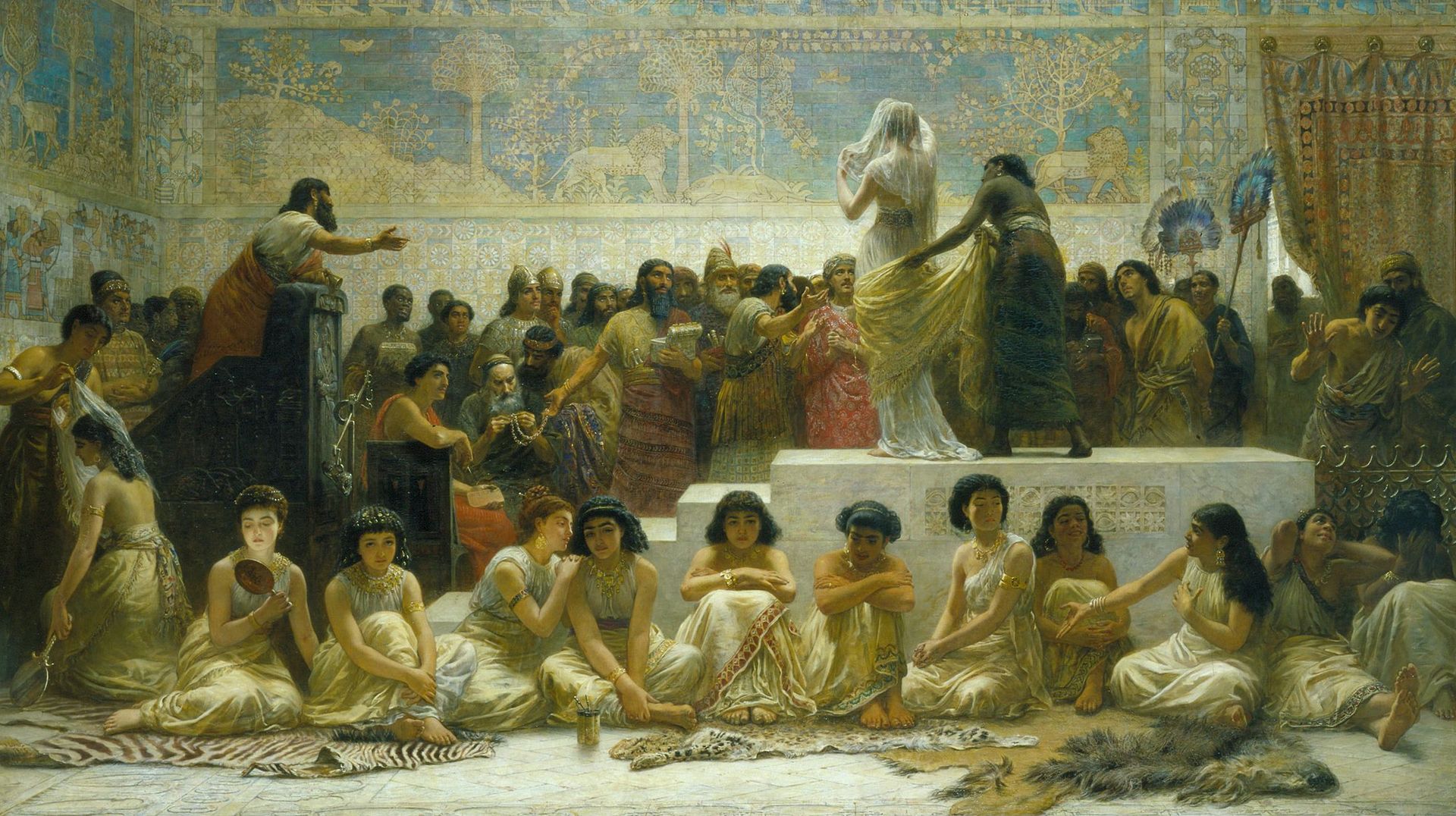What do we believe are the similarities and differences between Abraham's responsibilities in his relationships with Sarah (undisputed wife), Hegar (slave of Sarah given to Abe to make babies), and Keturah (described in one verse in English as a 'wife' (but we know the Hebrew says he "took a woman"), and described in another verse using the particular Hebrew word translated 'concubine' in English)?
So, I’m not sure if I’m understanding the question correctly, and I’m not entirely certain that this is aimed entirely at Abrahams responsibility to his women, but I ran across this the other day and thought that it might be apropos here.
One of the things I love so much about understanding the framework of a plural family is that passages that I have read and heard for years from a spiritual application now come alive with a practical, real time application as well. John 17 is one of those chapters that Ive heard repeatedly expounded on from the perspective of spiritual gifts that Christ gave to the apostles. However going back through it this week, I was amazed at the example that it gave for the gifts that a Christ-like husband is to give his bride and the sequence in which He does it.
Vrs 2) 1. He gives eternal life. . . . . That he should give eternal life to as many as thou (God) hast given him.
Vrs 3) 2. He gives knowledge of the Father . . . And this is life eternal, that they might know thee the only true God.
Vrs 6) 3. He gives or manifests the Father’s name. . . . I have manifested thy name (much like a son who gives his bride the family name.
Vrs 8) 4. He gives them “thy words”
Vrs 9) 5. He provides intercession for them. . . . I pray not for the world, but for them which thou hast given me; for they are thine.
Vrs 11) 6. He provides security for them . . . . Keep through thine own name, those whom thou hast given me
Vrs 13) 7. He provides joy fulfilled/complete. . . . . That they might have my joy fulfilled in themselves
Vrs 14) 8. He provides “Thy Word” (my emphasis). As God’s Word is a covenant document for a sanctified people, a husband provides a Ketubah for a sanctified/set apart people. Both create a distinction in the lives of those covenanted. Not of the world, MINE.
Vrs 17) 9. He provides sanctification or setting apart through truth. A good husband will bind his bride to him with truth. Notice what deception does to the same couple?
Vrs 18) 10. He provides a mission and a vision and empowers them . . . Even so have I also sent them
Vrs 22). 11. He showers glory and honor . . . . . The glory which thou hast given me I have given them. The Proverbs 31 woman has children which rise up and call her blessed. Are they the ‘blessers’? Or merely the ones acknowledging the blessing of the Father upon a virtuous wife?
Vrs 23) 12. He gives her the gift of perfection. As a steward/husband, part of our job is to refine those entrusted to the best that they can be. . . . . That they may be made perfect in one.
Vrs 24) 13. He shows her love, as the Father loves
Vrs 24) 14. He desires/grants cohabitation . . . . I will that they also, whom thou hast given me, be with me where I am.
And he sums it up in verse 26 with a promise of the future that he has declared or shown, and will continue to declare and show Leadership, Love and Life
As a recap, the Good Shepherd gives Life, Knowledge of the Father, the Father’s Name, the Father’s words, Intercession with the Father, Security from the Wolves, Joy Fulfilled, a Covenant Document, Sanctification/Exclusivity/a Hedge through Truth, a Mission and Vision and Empowerment, Recognition/Reward/Honor/Glory, Gives the Gift of Perfection, Love that’s patterned after the Father’s Love, Close Fellowship/ Cohabitation, and a promise of Eternal Leadership, Love and Life.
Anybody else feel lacking? Challenged?

